Health Information and Resource Fair
Youth Ambassador program graduates Nayla Bonilla and Yalda Jiminez continue to plan, promote, and deliver public health resources and information to their community. On Saturday, October 28, they coordinated a health information and resource fair at Justice High School, where the two students are now in their senior year.
Residents, families, and student volunteers filled the Justice HS cafeteria, hallways and auxiliary gym. Community health resources showed up, too, providing health screenings, healthy food resources and up-to-date health information from more than a dozen partners. The event was a culmination of almost a year of hard work and planning.
“At first, as we tried to reach out to organizations and ask them to be involved, many people did not take us seriously, said Yalda. “They ghosted us.”
But, the determined duo did not give up. With support and motivation from Youth Ambassador sponsors and staff, they continued with phone calls, emails and outreach to make their vision become a reality. Yalda, who plans to be a nurse one day, expressed that the goal of the event was to bring health resources to people who may not be aware of them and educate the community about health.
Nayla agreed as said, “This was our passion project. To see individuals from our community engage in one-on-one discussions with health professionals and to provide them with a real opportunity to ask questions has been amazing. We are witnessing health literacy in action as we watch families take charge of their own health.”
Nayla is hoping to host another health event in 2024 and is working on starting plans now. Before she graduates, she also plans to launch a student public health club that will focus on advocacy. “These group discussions can change lives; I’ve seen it.”
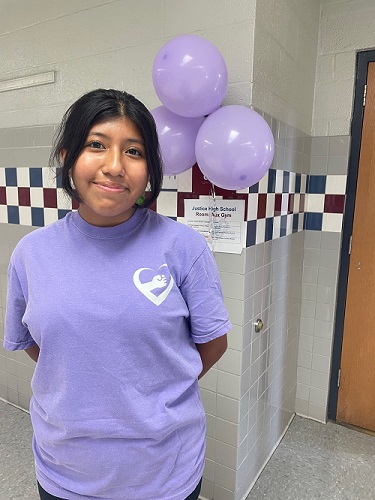
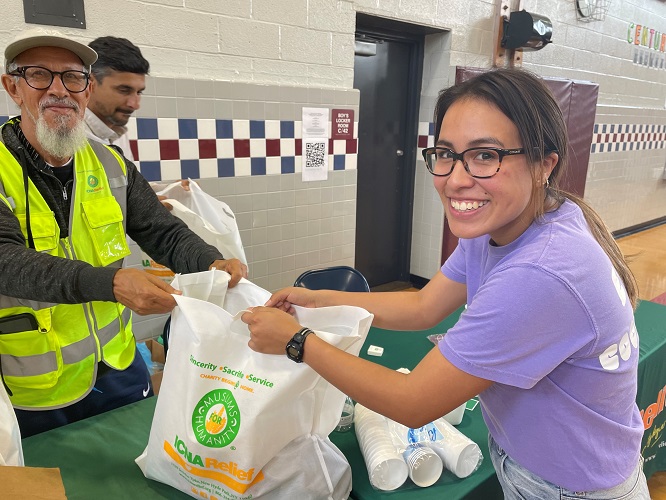
Fairfax County Farmers Markets
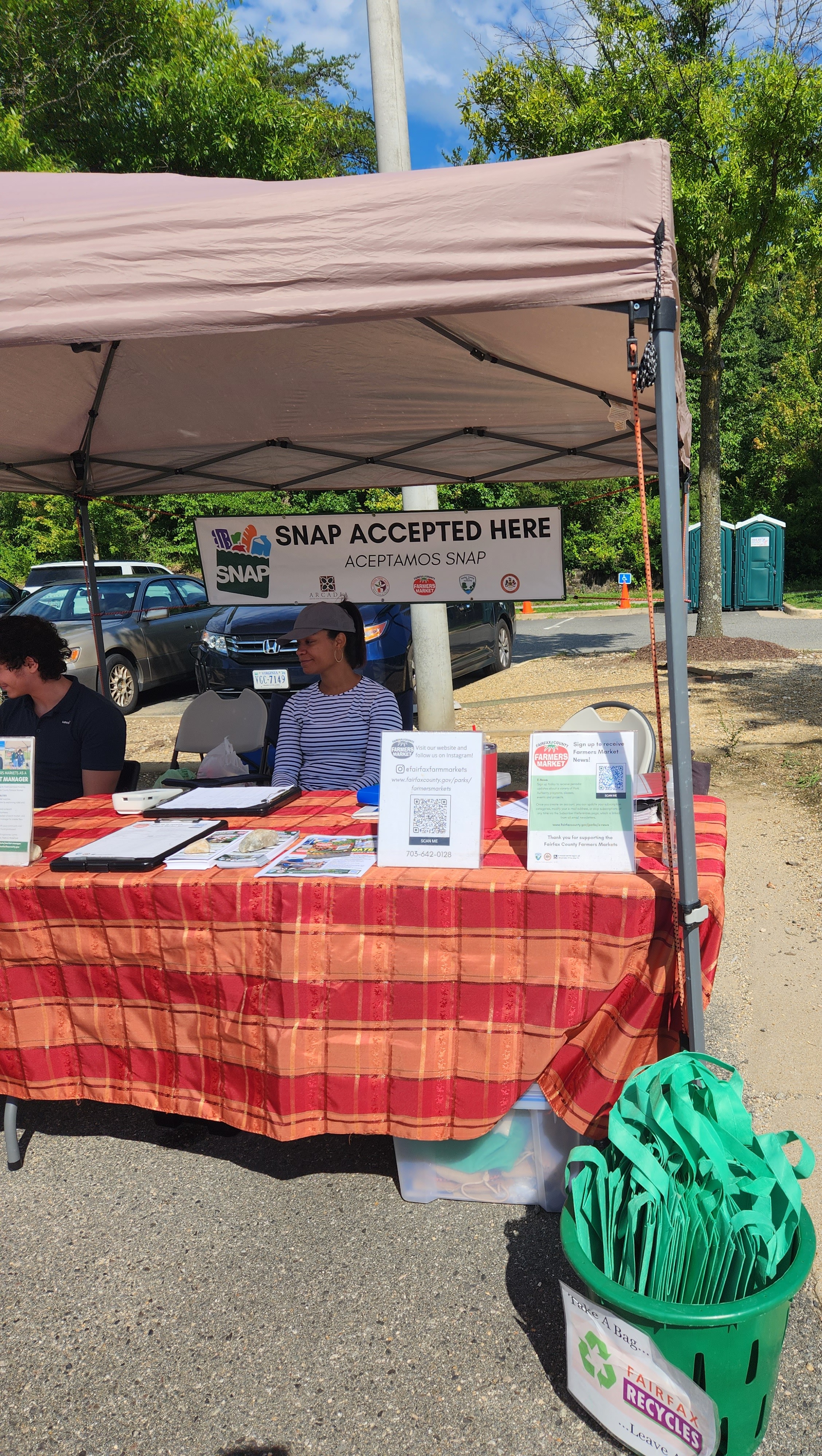 On June 10th, 2023, Fairfax County Health Department concluded its pilot of the Public Health Youth Ambassador program with Edu-Futuro, graduating 84 students from the program. Participants created varied health awareness projects and many were inspired to encourage healthier decisions for their families, communities and for themselves.
On June 10th, 2023, Fairfax County Health Department concluded its pilot of the Public Health Youth Ambassador program with Edu-Futuro, graduating 84 students from the program. Participants created varied health awareness projects and many were inspired to encourage healthier decisions for their families, communities and for themselves.
While many teens were on the beach or traveling with family and friends this summer, the Public Health Youth Ambassador graduates were making flyers, hosting meetings, learning about federal nutrition aid programs and working with the Fairfax County Farmer’s Market to help decrease food insecurity in their communities.
Food insecurity was a favored health awareness topic that became the focus for many students. “During our class discussions, students mentioned that they did not always make healthy eating decisions and that they did not know where to purchase inexpensive healthy food,” said Andrea Scott, Program Manager. “Throughout the summer, Public Health Youth Ambassador alumni have been volunteering at multiple farmer’s market locations so that they all can work directly in the community and inform them about inexpensive health food options. It is important that our youth understand that they are never too little nor too young, to make a big change in the world. It is also a great feeling knowing that our youth can reach out to staff at the Health Department for help, and then share their knowledge with their communities.”


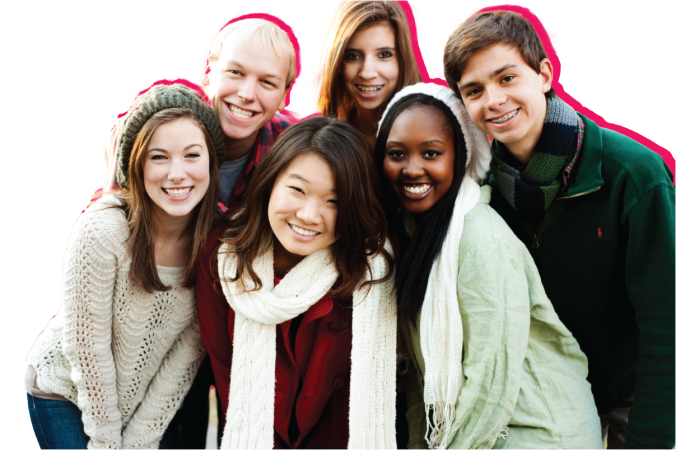 Expanding PHYAP Opportunities
Expanding PHYAP Opportunities.jpg) Cultivating the Next Generation of Public Health Workers
Cultivating the Next Generation of Public Health Workers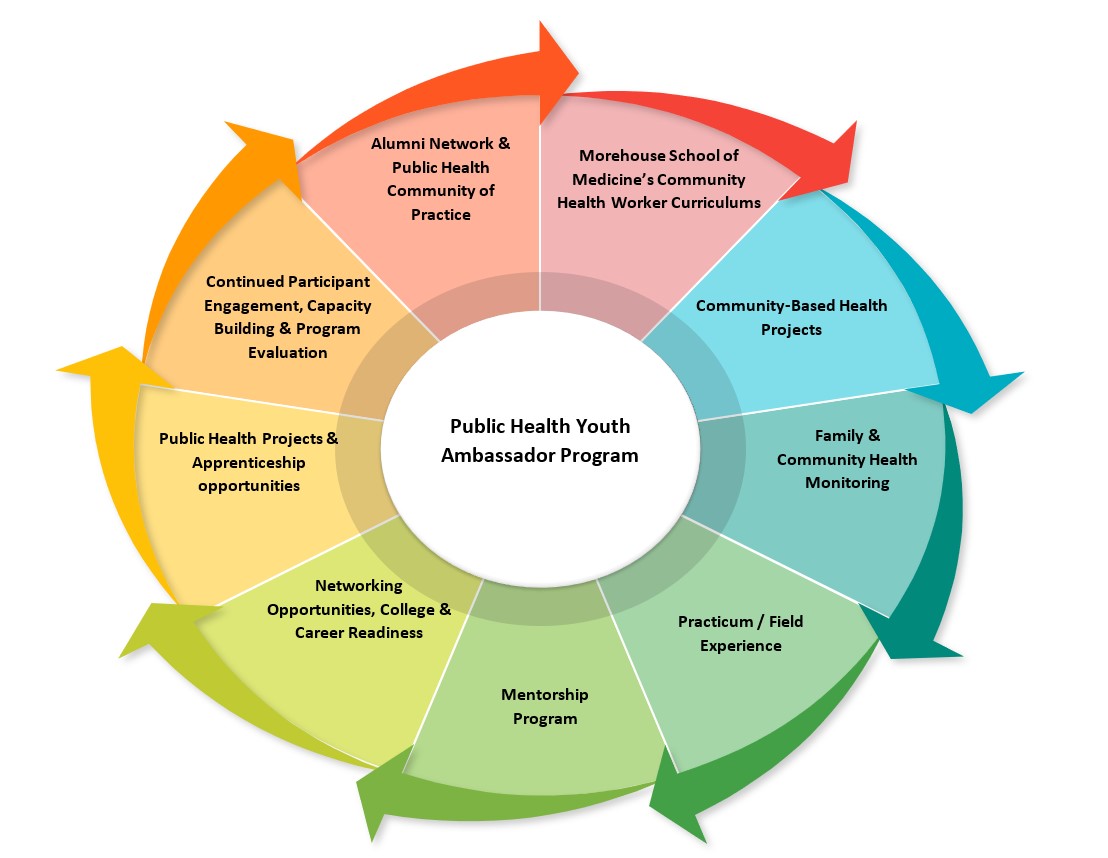


 On June 10th, 2023, Fairfax County Health Department concluded its pilot of the Public Health Youth Ambassador program with Edu-Futuro, graduating 84 students from the program. Participants created varied health awareness projects and many were inspired to encourage healthier decisions for their families, communities and for themselves.
On June 10th, 2023, Fairfax County Health Department concluded its pilot of the Public Health Youth Ambassador program with Edu-Futuro, graduating 84 students from the program. Participants created varied health awareness projects and many were inspired to encourage healthier decisions for their families, communities and for themselves.